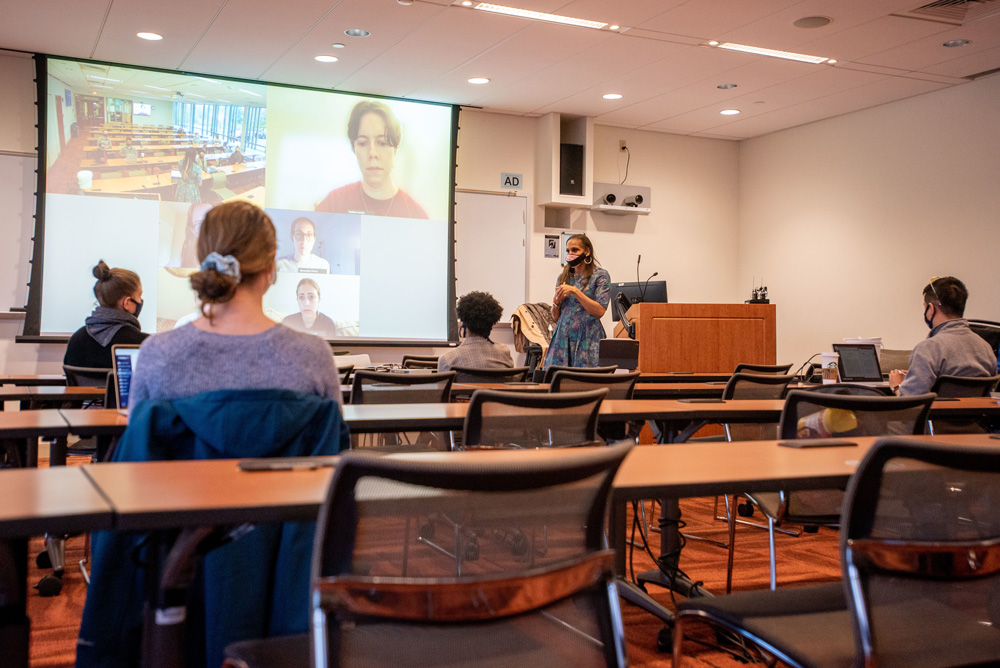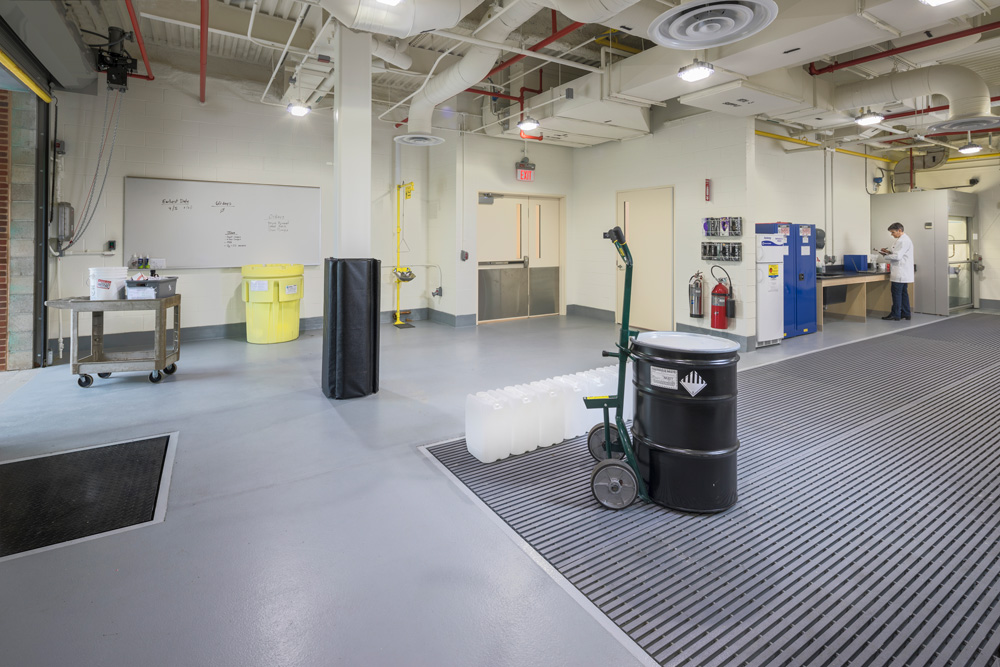We serve the University of Connecticut, Storrs and regional campuses (Avery Point, Hartford, Stamford, and Waterbury).
If you are looking for our colleagues who provide EHS support for work at the University of Connecticut Health Center, Farmington, you can find their website HERE (https://ovpr.uchc.edu/services/rics/ehs/).








